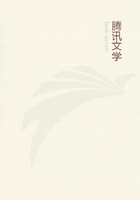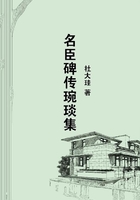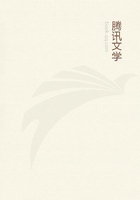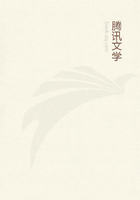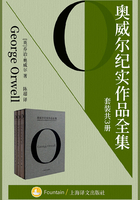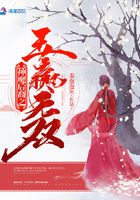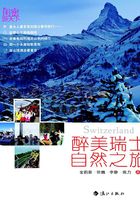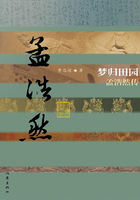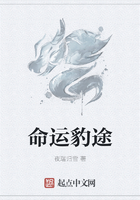Nicodemus
Nicodemus held a high position of trust in the Jewish nation. He was highly educated, and possessed talents of no ordinary character, and he was an honored member of the national council. With others, he had been stirred by the teaching of Jesus. Though rich, learned, and honored, he had been strangely attracted by the humble Nazarene. The lessons that had fallen from the Saviour's lips had greatly impressed him, and he desired to learn more of these wonderful truths.
Christ's exercise of authority in the cleansing of the temple had roused the determined hatred of the priests and rulers. They feared the power of this stranger. Such boldness on the part of an obscure Galilean was not to be tolerated. They were bent on putting an end to His work. But not all were agreed in this purpose. There were some that feared to oppose One who was so evidently moved upon by the Spirit of God. They remembered how prophets had been slain for rebuking the sins of the leaders in Israel. They knew that the bondage of the Jews to a heathen nation was the result of their stubbornness in rejecting reproofs from God. They feared that in plotting against Jesus the priests and rulers were following in the steps of their fathers, and would bring fresh calamities upon the nation. Nicodemus shared these feelings. In a 168council of the Sanhedrin, when the course to be pursued toward Jesus was considered, Nicodemus advised caution and moderation. He urged that if Jesus was really invested with authority from God, it would be perilous to reject His warnings. The priests dared not disregard this counsel, and for the time they took no open measures against the Saviour.
Since hearing Jesus, Nicodemus had anxiously studied the prophecies relating to the Messiah; and the more he searched, the stronger was his conviction that this was the One who was to come. With many others in Israel he had been greatly distressed by the profanation of the temple He was a witness of the scene when Jesus drove out the buyers and the sellers; he beheld the wonderful manifestation of divine power; he saw the Saviour receiving the poor and healing the sick; he saw their looks of joy, and heard their words of praise; and he could not doubt that Jesus of Nazareth was the Sent of God.
He greatly desired an interview with Jesus, but shrank from seeking Him openly. It would be too humiliating for a ruler of the Jews to acknowledge himself in sympathy with a teacher as yet so little known. And should his visit come to the knowledge of the Sanhedrin, it would draw upon him their scorn and denunciation. He resolved upon a secret interview, excusing this on the ground that if he were to go openly, others might follow his example.
Learning by special inquiry the Saviour's place of retirement in the Mount of Olives, he waited until the city was hushed in slumber, and then sought Him.
In the presence of Christ, Nicodemus felt a strange timidity, which he endeavored to conceal under an air of composure and dignity. "Rabbi," he said, "we know that Thou art a teacher come from God: for no man can do these miracles that Thou doest, except God be with him." By speaking of Christ's rare gifts as a teacher, and also of His wonderful power to perform miracles, he hoped to pave the way for his interview. His words were designed to express and to invite confidence; but they really expressed unbelief. He did not acknowledge Jesus to be the Messiah, but only a teacher sent from God.
Instead of recognizing this salutation, Jesus bent His eyes upon the speaker, as if reading his very soul. In His infinite wisdom He saw before Him a seeker after truth. He knew the object of this visit, and with a desire to deepen the conviction already resting upon His listener's mind, He came directly to the point, saying solemnly, yet kindly, "Verily, verily, Isay unto thee, Except a man be born from above, he cannot see the kingdom of God." John 3:3, margin.
Nicodemus had come to the Lord thinking to enter into a discussion with Him, but Jesus laid bare the foundation principles of truth. He said to Nicodemus, It is not theoretical knowledge you need so much as spiritual regeneration. You need not to have your curiosity satisfied, but to have a new heart. You must receive a new life from above before you can appreciate heavenly things. Until this change takes place, making all things new, it will result in no saving good for you to discuss with Me My authority or My mission.
Nicodemus had heard the preaching of John the Baptist concerning repentance and baptism, and pointing the people to One who should baptize with the Holy Spirit. He himself had felt that there was a lack of spirituality among the Jews, that, to a great degree, they were controlled by bigotry and worldly ambition. He had hoped for a better state of things at the Messiah's coming.
Yet the heart-searching message of the Baptist had failed to work in him conviction of sin. He was a strict Pharisee, and prided himself on his good works. He was widely esteemed for his benevolence and his liberality in sustaining the temple service, and he felt secure of the favor of God. He was startled at the thought of a kingdom too pure for him to see in his present state.
The figure of the new birth, which Jesus had used, was not wholly unfamiliar to Nicodemus. Converts from heathenism to the faith of Israel were often compared to children just born. Therefore he must have perceived that the words of Christ were not to be taken in a literal sense. But by virtue of his birth as an Israelite he regarded himself as sure of a place in the kingdom of God. He felt that he needed no change. Hence his surprise at the Saviour's words. He was irritated by their close application to himself. The pride of the Pharisee was struggling against the honest desire of the seeker after truth. He wondered that Christ should speak to him as He did, not respecting his position as ruler in Israel.

